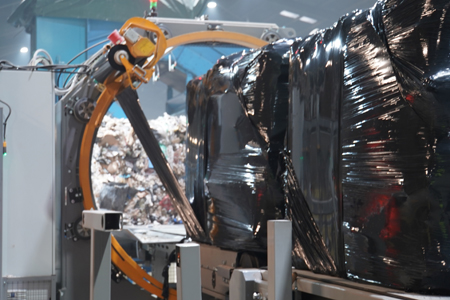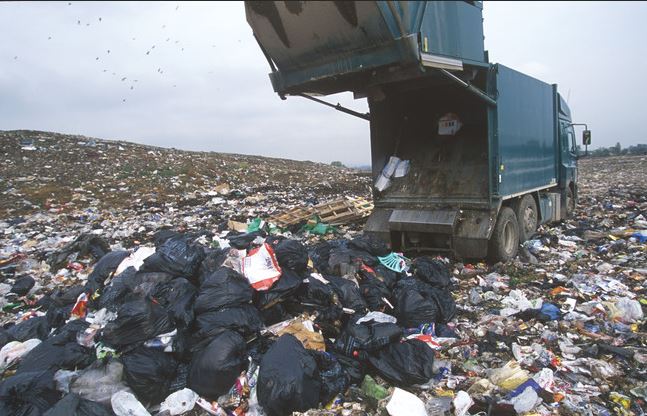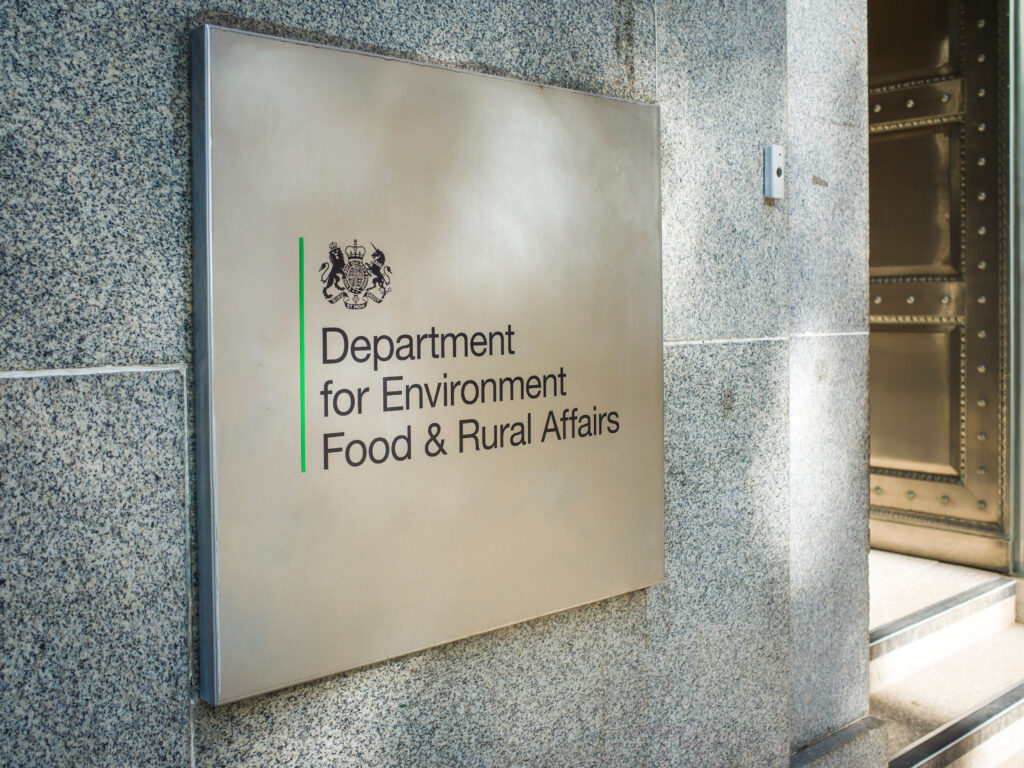Faced with steep rises in fuel costs, exacerbated by the ending of the red diesel concession for the waste sector, experts say that landfill costs are likely to rise by between 10-20%.
At the same time, larger waste management companies are said to be looking to increase prices at transfer stations by around £7-£9 per tonne.
The landfill tax – and similar taxes in devolved nations – is now £98.60 per tonne at the standard rate for 2022/23, an increase of £1.90 on the 2021/22 rate of £96.70. The lower rate tax is now £3.15 per tonne, up by 5 pence from last year.
April is traditionally the month when landfill operators increase their own fees for disposal and add this to the increase in the tax.
This year, industry sources have told letsrecycle.com that companies are facing a particularly high increase in costs, ranging from diesel fuel, workforce wages, equipment, and regulatory fees. This is likely to mean some of the highest gate fee increases seen in the waste management sector for many years.
While landfill disposal costs have been higher over recent years in the south of England, with lower rates in the north and in Scotland, prices in these areas are also said to be rising.
EfW
In contrast, with most energy from waste (EfW) plant operators gaining income from the high price of electricity, gate fees at the plants are said to be more flexible and some deals are available.

However, local authorities – and some commercial customers – on contracts index linked to the Retail Price Index (RPI) are facing substantial gate fee increases at the same time that the plant operators are also benefiting from the higher prices for their electricity.
While the cost of transporting waste to UK EfW plants has risen, it is operators of EfW plants in northern Europe who are suffering most, as they are having to offset an increase in shipping costs by dropping their gate fees. However, as with UK operators, they are also seeing their income from generating electricity jump, so they are not seen as losing out overall.
RDF
Exporters of refused derived fuel (RDF) are facing a variety of challenges. While RDF is often shipped in containers, increasing use has been made of bulk ships. These are said to be scarcer because east to west loads from Russia and the Baltic states have reduced, so there is less west to east capacity available.

One exporter reflected that shipping costs are up “75-100% since November and gate fees at the plants on the continent are reducing to take this into account.”
Questions are being asked as to how much the gate fees will reduce to match the extra shipping costs – “it all relates to the need for electricity on the continent,” said another exporter. “And, of course, there is the Ukraine dimension, which is adding to the pressure pushing up the value of all fuels.”












Subscribe for free